First time home buyer ?
Many young Canadians associate home ownership with their inevitable coming of age, but first-time buyers flocking to the housing market should be armed with knowledge.
As homeownership rates for those in their twenties have been steadily climbing over recent decades in all but the lowest category of income earners, many of these young people are entering the market without knowing much about buying their first home.
“I’ve been saving up for the down payment on the house probably since I was 21,” said Josh McMaster, a 28-year-old who works in accounting in Brantford, Ont.
He hopes to buy his first home within the next year and is looking for a place in the $215,000-$250,000 range. But despite diligently saving hefty portions of his paycheque over the years, Mr. McMaster said he hasn’t done much research beyond scanning local listings online and in the newspaper.
Combined with the fact that buying a home is such a huge financial commitment, inexperienced young home buyers need to be very careful before signing on the dotted line, said Gail Bebee, a personal finance author who is currently teaching a course on home buying at the University of Toronto.
It’s easy for young people to forget about additional costs of home ownership — things they never had to worry about while renting, Ms. Bebee said. These include ongoing maintenance costs, home insurance, and building up an emergency fund earmarked for surprise special assessments if they purchase a condo.
Young people are often attracted to condos because of their size and proximity to downtown, but condos are among the most complicated properties to buy, Ms. Bebee said. In part, that’s because you’ve got to factor in costs such as condo fees, which condo unit owners can’t control.
Even if young people factor in home insurance, they might not consider that they’ll be paying additional insurance for their mortgage if they can’t afford a minimum 20{ea18e790148ddb141722068dfb73f9f74b06205fa18c7d39ece0e7144d0672b8} down payment.
“[Mortgage loan insurance] can add 4.75{ea18e790148ddb141722068dfb73f9f74b06205fa18c7d39ece0e7144d0672b8} to the value of the mortgage,” Ms. Bebee said. “Which is huge.”
Renting until you can afford a sizeable down payment can avoid that cost, but there is huge appeal — financial and otherwise — to home ownership.
“Once you rent, the money is gone forever,” Mr. McMaster said. “It doesn’t contribute to anything in the future. To have a house in the end, I think that’s great.”
And at his age, the time is right to buy, Mr. McMaster said. “I want to plant roots and start building a family,” he said.
Despite indications that many young people may be delaying settling down until later in their life, data indicate the trend toward home ownership among young Canadians is building. Statistics Canada research released in January shows nearly three-quarters of top-earning twentysomethings owned a home in 2006, the latest year for which there are data, up from 60{ea18e790148ddb141722068dfb73f9f74b06205fa18c7d39ece0e7144d0672b8} in 1981.
But if you’re not ready to settle down, locking yourself into homeownership might not be a smart decision, Ms. Bebee said.
“It depends on your individual needs. Some people are itinerant. They’re planning to move to another city or work overseas for a year,” she said.
Buying and selling within a short period of time means the transaction costs might exceed any gain you might make on your investment.
“Don’t think you are going to buy and move [within] a few years,” Ms. Bebee said. “You’ll make the lawyers rich.”
Because of all the upfront costs to buying, Ms. Bebee recommends planning for at least a five-year timeline in your first home. That means thinking about where you’ll be in your personal life that far down the road.
“You might be married, you could even have a kid,” she said. “You’ve got to forecast.”
Via: Financial Post
